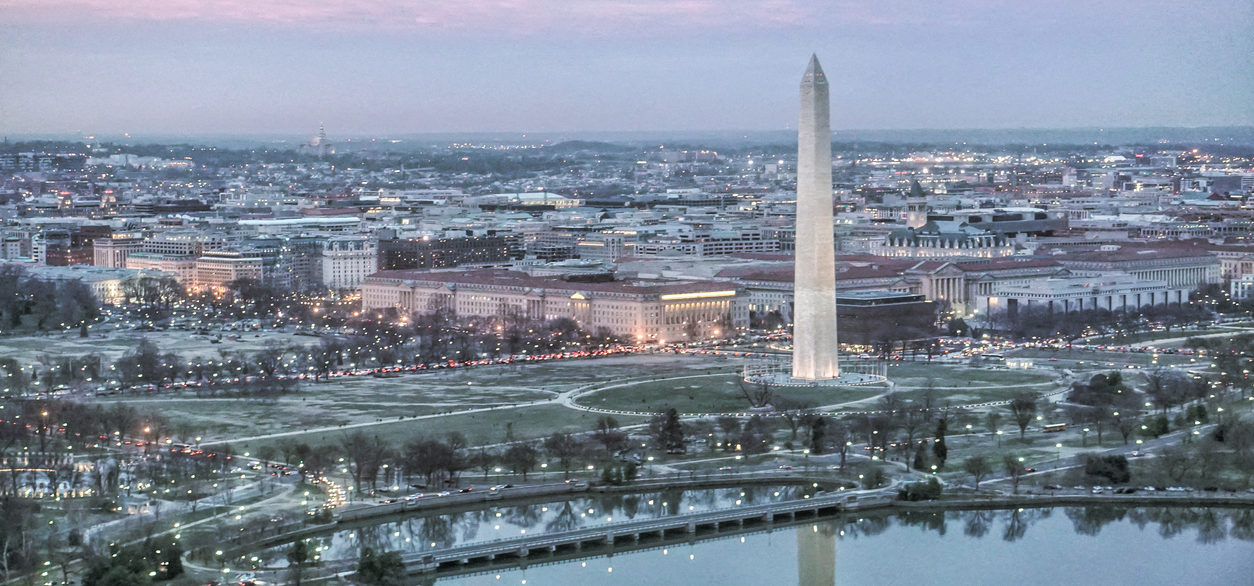
Lazo v. U.S.: A Court’s Duty To Investigate a Jencks Act Violation
The Jencks Act was a nasty little surprise when I began to practice in D.C. It was not that I didn’t appreciate getting the information. It was that I was used to getting this information much earlier in the process in Pennsylvania.
The Jencks Act, 18 U.S.C § 3500, requires the prosecution to turn over to the defense any “statement” of a witness called by the prosecution that relates to the subject matter of the witness’s direct testimony. The kicker is that the information does not need to be turned over until after the witness has testified. There is also a “reverse Jencks” rule which entitles the government to defense witnesses’ prior statements after their direct testimony.
There are four prerequisites for producing material under Jencks. First, the material must be in the possession of the party presenting the evidence. Second, the opposing party must request the material. Third, the statement must relate to the subject matter of the witness’s testimony on direct examination. Finally, the material must be a “statement” as defined under the Act. That is, it must be Grand Jury testimony, a written statement that was either adopted or somehow approved by the witness, or a contemporaneous and substantially verbatim recital of an oral statement.
In Vicente Lazo v. United States, 54 A.3d 1221 (D.C. 2012), the D.C. Court of Appeals dealt with a court’s obligation to investigate once the court has been put on notice that a potential Jencks Act violation has occurred. In this case, the Court was dealing with four different violations alleged by the defense. After confirming with the prosecutor that she had turned over all the Jencks information in her possession, the trial judge terminated the inquiry: “I think we’ve gone through whether or not there’s any Jencks material.” The judge also expressed annoyance with defense counsel for delaying the proceedings, and asked counsel to “move on” to substantive questions.
This type of cursory inquiry, the D.C. Court of Appeals concluded, was not enough to satisfy Jencks. The defense has the initial burden of “establishing by probative evidence” that a statement falling within the scope of Jencks exists. Although this must be more than a “speculative possibility,” it is enough if the defense can show that the witness was interviewed by a police officer and that the police officer took notes. The court then “has an affirmative duty, either by interrogation or by in camera inspection, to ascertain whether the statement is one defined by the Act as producible material and whether it is in the possession of the government.”
The Jencks Act is described by the opinion as a “limited statutory scheme which serves the concurrent purposes of aiding the search for truth by facilitating the impeachment of a witness who has given a statement to the government, while at the same time regulating access by the defense to materials and evidence within the government’s possession.” In practice, the Jencks Act leaves a lot to be desired. With police officers wise to the requirements of Jencks, you normally get nothing more than a copy of few biographical details scrawled out on a notebook page. And I am still perplexed by the notion of “regulating access by the defense to materials and evidence within the government’s possession.” To what end?
Again, although some prosecutors will oblige by providing copies of the Jencks materials in advance of a witness’s testimony, the material is not required to be turned over until after the witness has testified. This puts the defense attorney in the position of reviewing the material while the rest of the courtroom sits in awkward silence. The delay also prevents the defense attorney from factoring in the Jencks material earlier in the process; for example, during plea negotiations.
